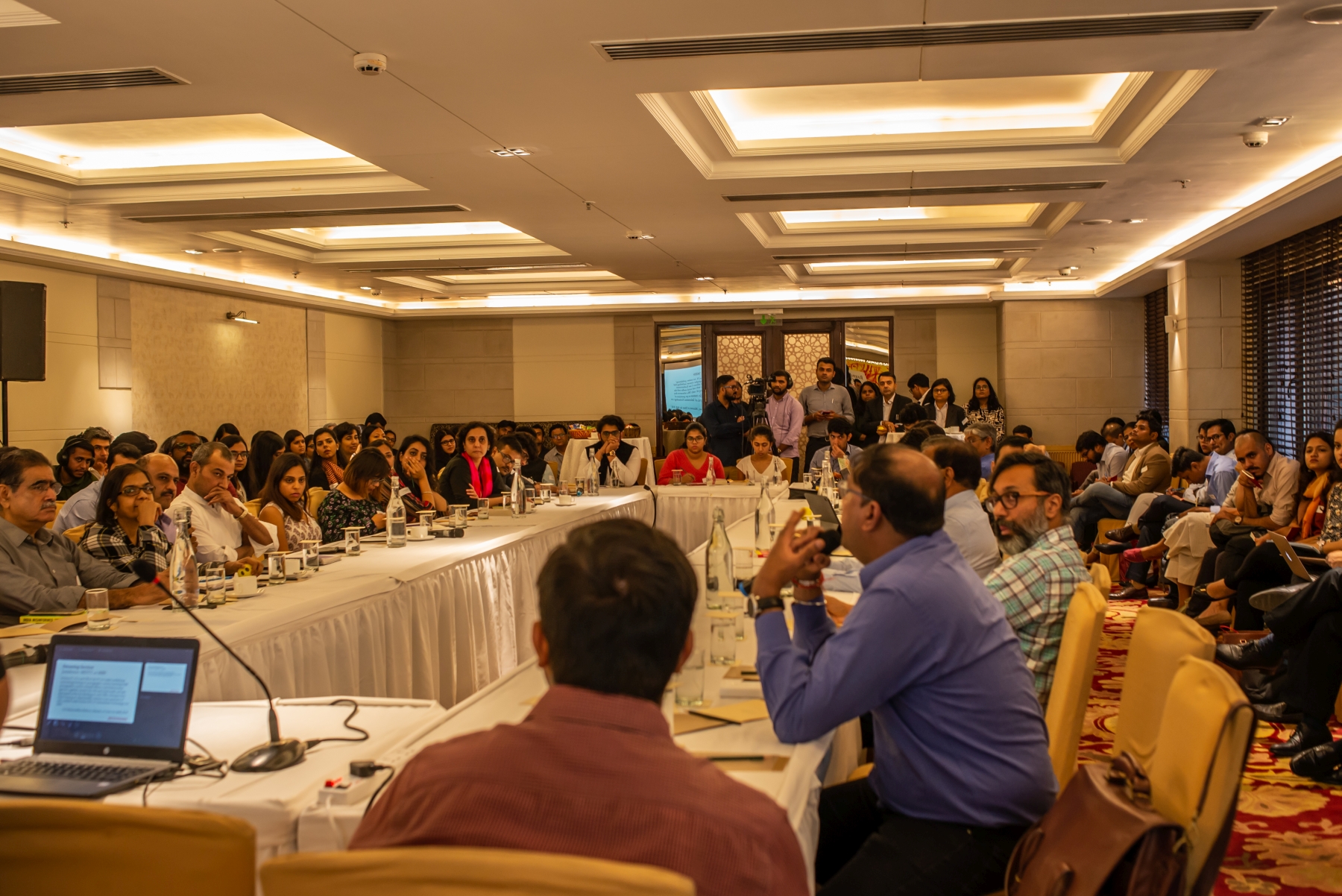"Self-regulation [for content platforms] is not going to happen because their business model is subscription," said Rajesh Lalwani, Director at Scenario Consulting. "OTT platforms are going to push the boundaries to get people on board, and they will have slightly edgy content, or a lot more edgy content. I don’t see this [working] until you have got leaders, until you have got number twos. This space is too nascent right now to self-regulate." Lalwani was speaking at MediaNama's discussion on Regulation of Online Content last week in New Delhi, supported by Amazon, Netflix and Facebook, and in partnership with CCG-NLU Delhi. However, there is a self regulatory code in existence, created by the IAMAI, and signed by many OTT platforms. "The self-regulatory code has come as a reaction to what the government could possibly do," said Abhishek Malhotra, Managing Partner at TMT Law. "From the platform’s point-of-view, when you have court cases ongoing, the IAMAI would come and say, 'Look, if you do not have a self-regulatory code, then perhaps something may be forced upon us. So, let’s just try and figure out something which is acceptable across all stakeholders.'" Every law, whether it's the Cinematograph Act or Cable Television Act, tries to regulate not the content, but the platform, he said. "If there’s an A-rated film, it’s not been banned but it only gets a certification that a particular category or age group cannot watch it. Even platforms are already enforcing self-regulation by implementing a parental lock", he added.…





























